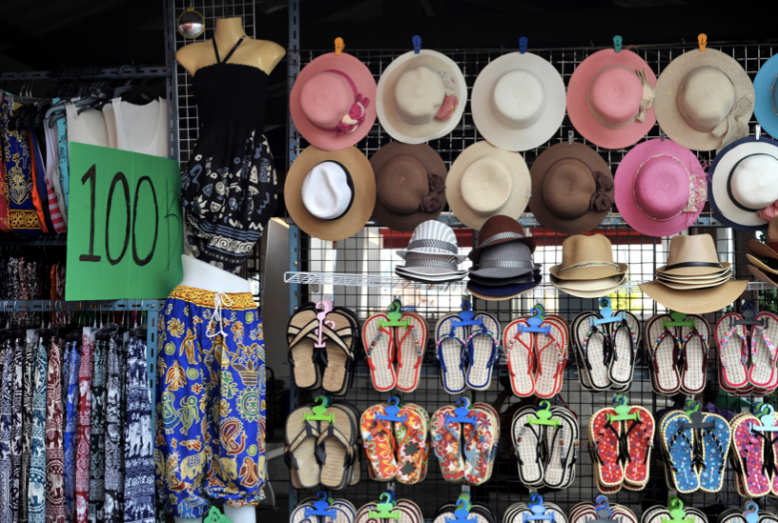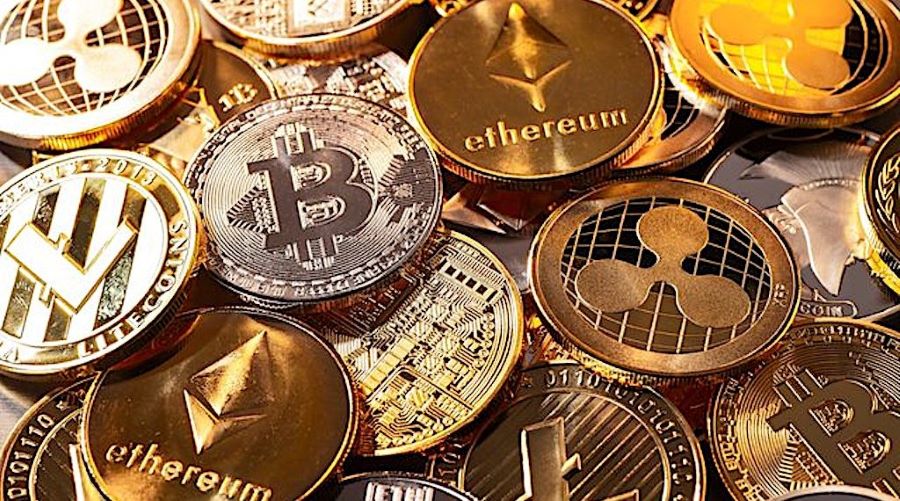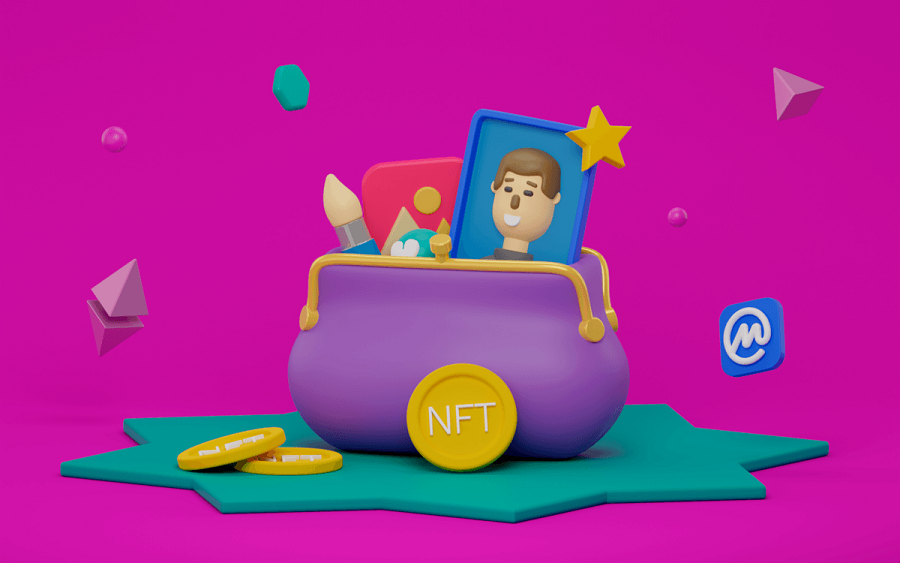According to the 2018 Global Counterfeiting & Trademark Infringement Report, the amount of global counterfeiting reached $1.2 trillion in 2017 and it’s estimated that it could reach an overwhelming $2.3 trillion by 2022.
Counterfeiting naturally results to the drop or increase in price for genuine products based on specific circumstances. However, regardless of the circumstances that drive the price change of such products, it is apparently clear that extensive counterfeiting is likely to harm consumers and impede growth in poor and emerging economies, especially in Africa.
One can only imagine the potential loss in tax revenue for nations overwhelmed by the presence of counterfeiting. Not to mention the direct impact on people when it comes to health. According to the World Health Organization, sham drugs are the world’s most lucrative counterfeit goods, with a global market worth roughly $200 billion, and Africa accounts for around 42% of the world’s cases.
So, what can be done to curb this? And can it really be curbed?
The answer is yes, but with a caveat. To be able to make a significant impact in this fight, there must be an extensive adoption of the method(s) to achieve that. This brings us to the use of non-fungible tokens (NFTs).
What is a Non-Fungible Token?
Non-Fungible Tokens (NFTs) are units of data stored on the blockchain that certify digital assets to be unique and therefore not interchangeable or divisible. They are different from Bitcoin or Ether which are a fungible token as they are interchangeable i.e., can be exchanged with any other token of the equivalent kind.
NFTs offer a myriad of options for creating and trading digital assets such as original artwork, music and even real-world assets from artists and artisans across Africa, allowing them to retain their copyright and intellectual property.
In other words, NFTs will provide the value and provenance of assets, both digital and in the real-world. Original contents and products such as and not limited to videos, musical works, photography, artwork, texts, works of literature, apparels, accessories can all become NFTs and be publicly traded.
How do Non-Fungible Tokens work?
Non-fungible tokens are pieces of the software code data stored in a blockchain via smart contracts that contain distinct information, making them easily traceable, verifiable, and immutable. Every token represents and is linked to a unique digital or physical object which results to proof of authenticity and ownership.
NFTs guarantee the safety and legal rights of digital or real-world assets thereby removing the concerns over forgery and counterfeiting. Clear and transparent auditing mechanisms inherent to blockchain technology allows the verification or proof of authenticity. Hence, if one buys an asset listed as an NFT, the individual can be assured of the asset or product’s integrity.
Another value NFTs offer is that the proof of ownership is transferred once the product or asset is re-sold.
NFTs mostly use the Ethereum network, but other blockchains have started adopting NFTs too such as the Binance Smart Chain (BSC).
Conclusion
As Africa becomes more digital and counterfeiting remains a plague in the continent, NFTs can present a viable solution for tokenizing ownership and property. These tokens allow proper digitization and storage of real-world assets while keeping them secure at the same time.
NFT technology has proved to be a large growth sector within the blockchain industry as use cases expand into digital identity records and representation of scarce real-world assets.
The use case for the adoption of NFTs is ripe for Africa. The question to be asked is, “is Africa ready to adopt this technology?”














